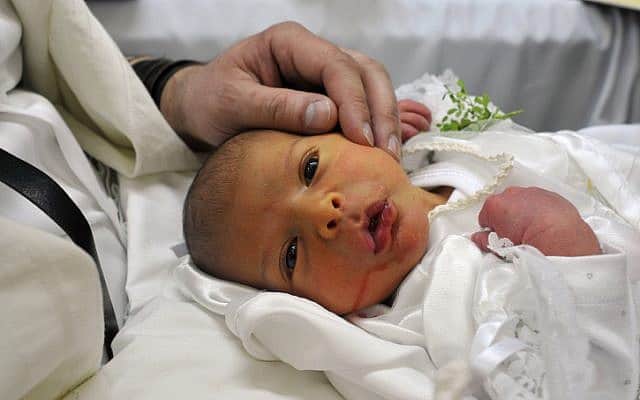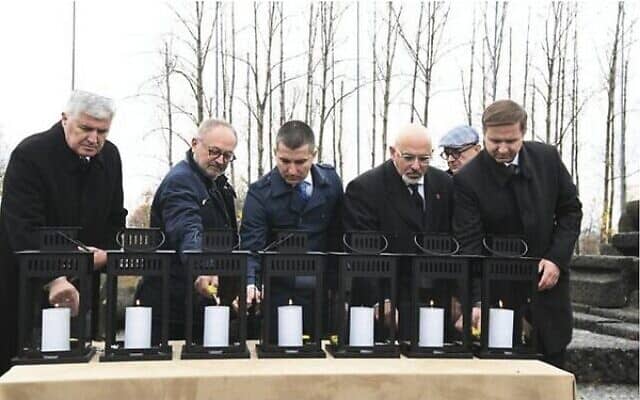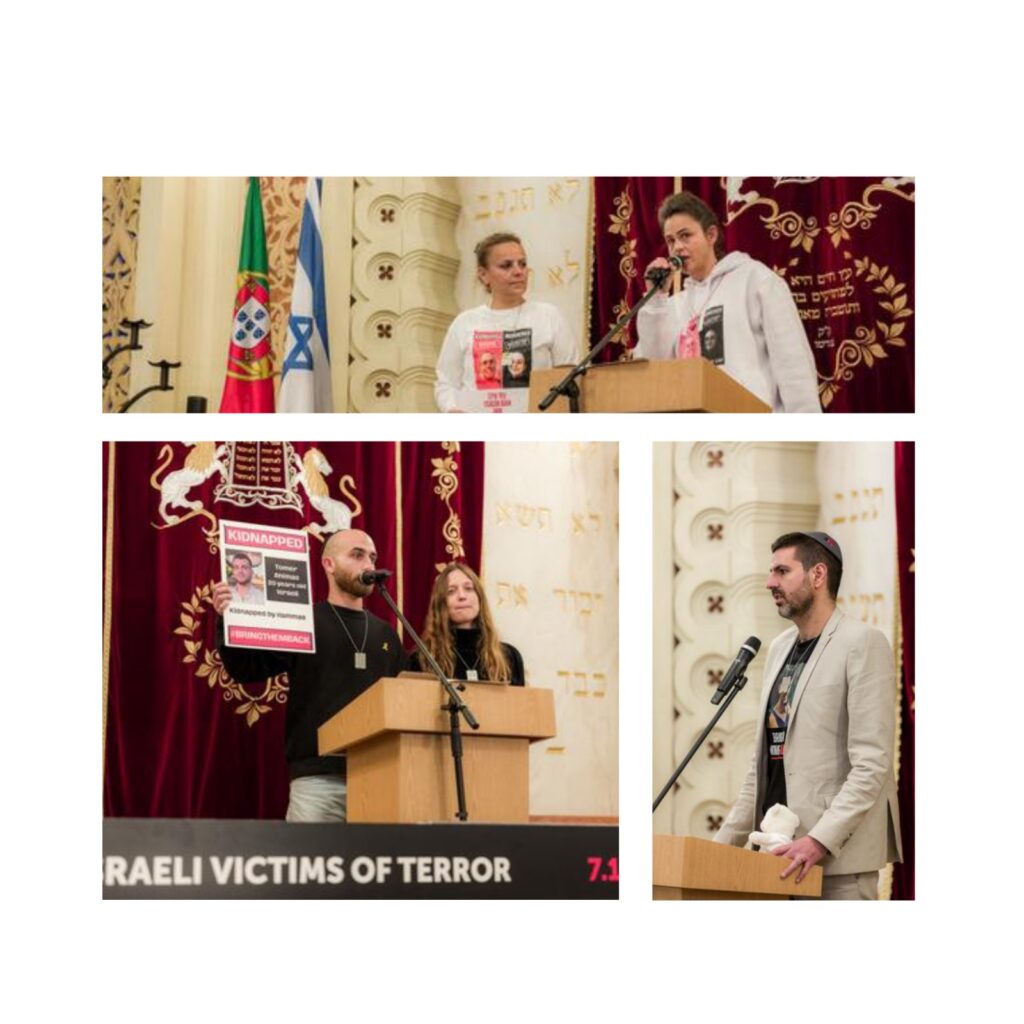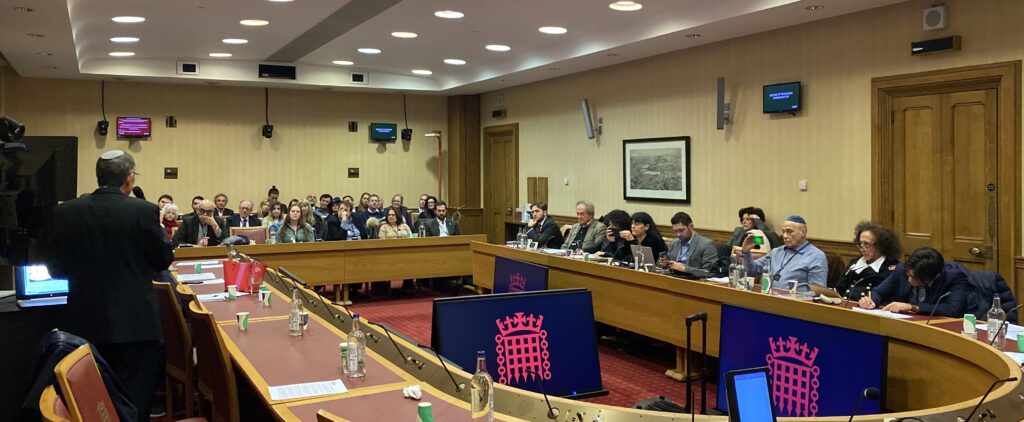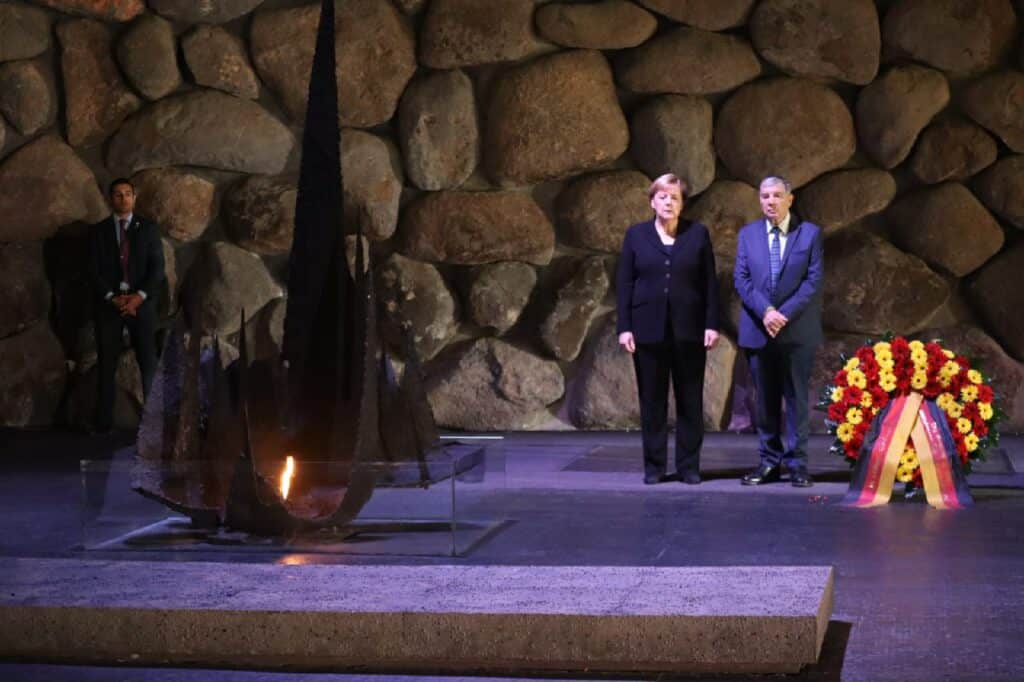Legislation claims the practice violates children’s human rights, places them at risk of infection and causes ‘severe pain’
Lawmakers from four political parties in Iceland introduced a bill in parliament that would ban the nonmedical circumcision of boys younger than 18 and impose imprisonment of up to six years on offenders.
Members of the ruling Left Green Movement, the Progressive Party, People’s Party and the Pirate Party submitted the bill to the Albingi on Tuesday, the RUV news site reported. Together, the parties account for 46 percent of the parliament’s 63 seats.
The measure cites the prohibition of female genital mutilation in 2005, arguing a similar prohibition is necessary for males. The report did not say when the bill would come to a vote.
Advocates of male circumcision, which many physicians believe reduces the risk of contracting sexually transmitted diseases and genital infections, have long objected to the comparison of the practice with female genital mutilation, a custom with no medical benefits that is universally viewed as detrimental to the ability to derive pleasure from intercourse.
The bill calls the circumcision of boys younger than 18 a violation of their human rights, according to the news site, and says it places them at an elevated risk of infection and causes “severe pain.”
Throughout Scandinavia, the nonmedical circumcision of boys under 18 is the subject of a debate on children’s rights and religious freedoms. The children’s ombudsmen of all Nordic countries — Finland, Iceland, Denmark, Sweden and Norway — released a joint declaration in 2013 proposing a ban, though none of these countries has enacted one.
In the debate, circumcision is under attack from right-wing politicians who view it as a foreign import whose proliferation is often associated mostly with Muslim immigration. And it is also opposed by left-wing liberals and atheists who denounce it as a primitive form of child abuse.
In 2012, a German court in Cologne ruled that ritual circumcision of minors amounted to a criminal act. The ruling was overturned but triggered temporary bans in Austria and Switzerland.
A similar debate is taking place across Western Europe about the ritual slaughter of animals, which is illegal in several European Union member states.
Iceland, which is not a member of that bloc, has a population of approximately 300,000, including several dozen Jews and a few hundred Muslims.
The article was published on The Times of Israel


